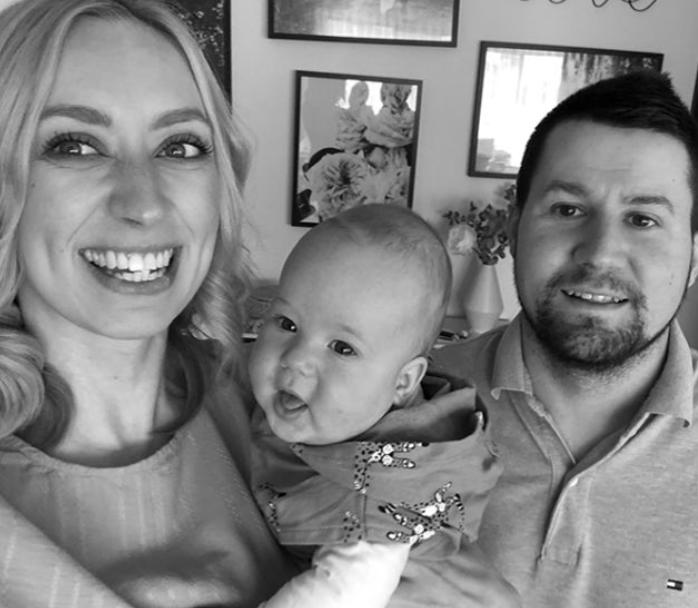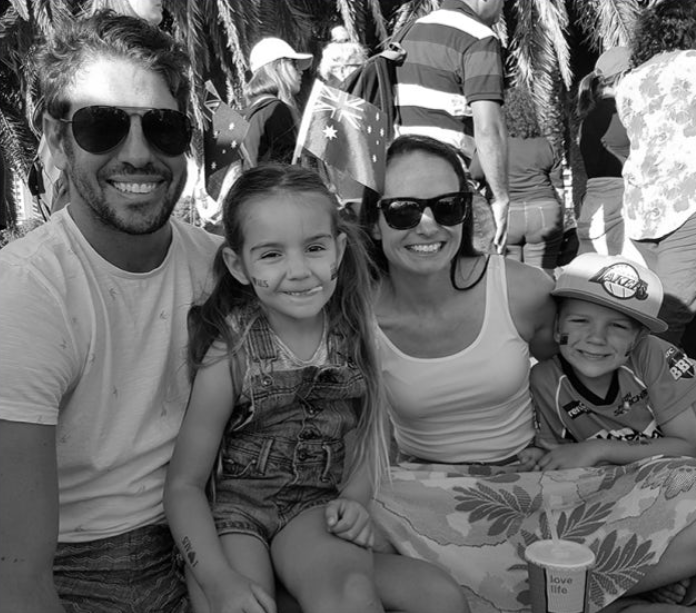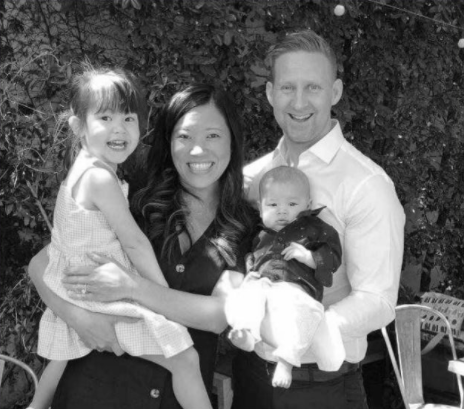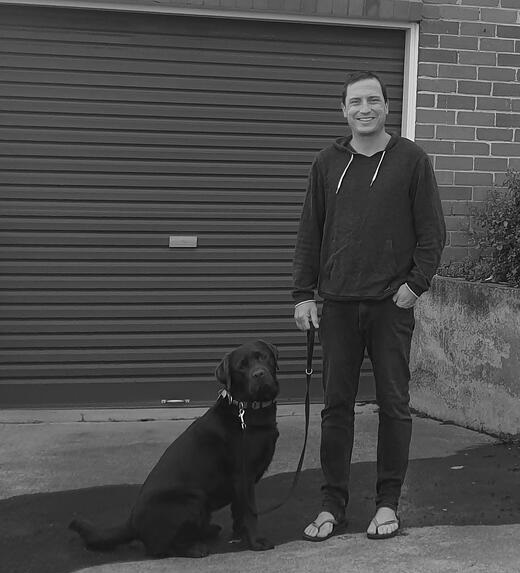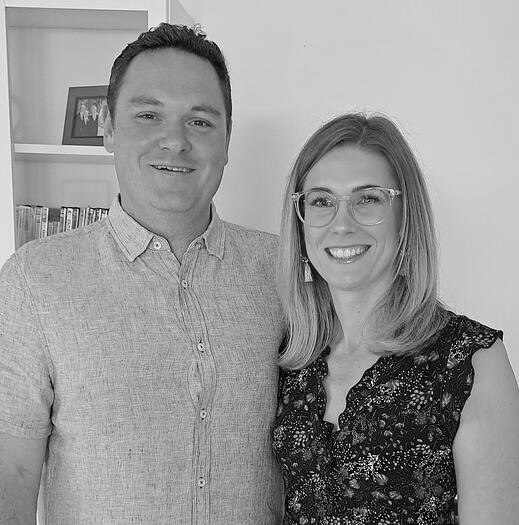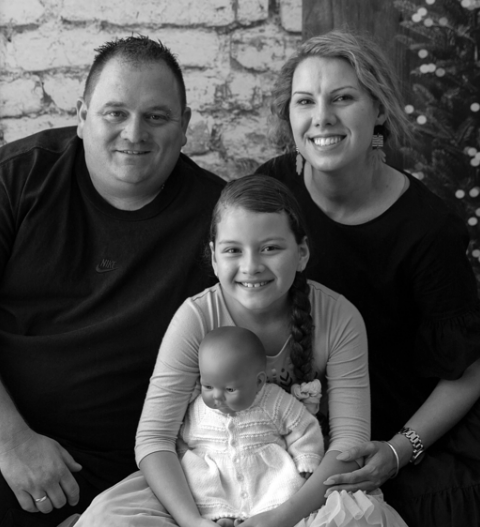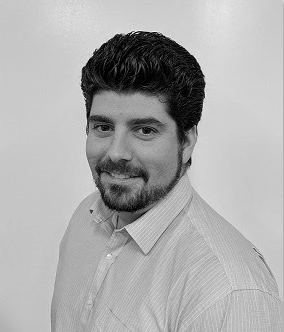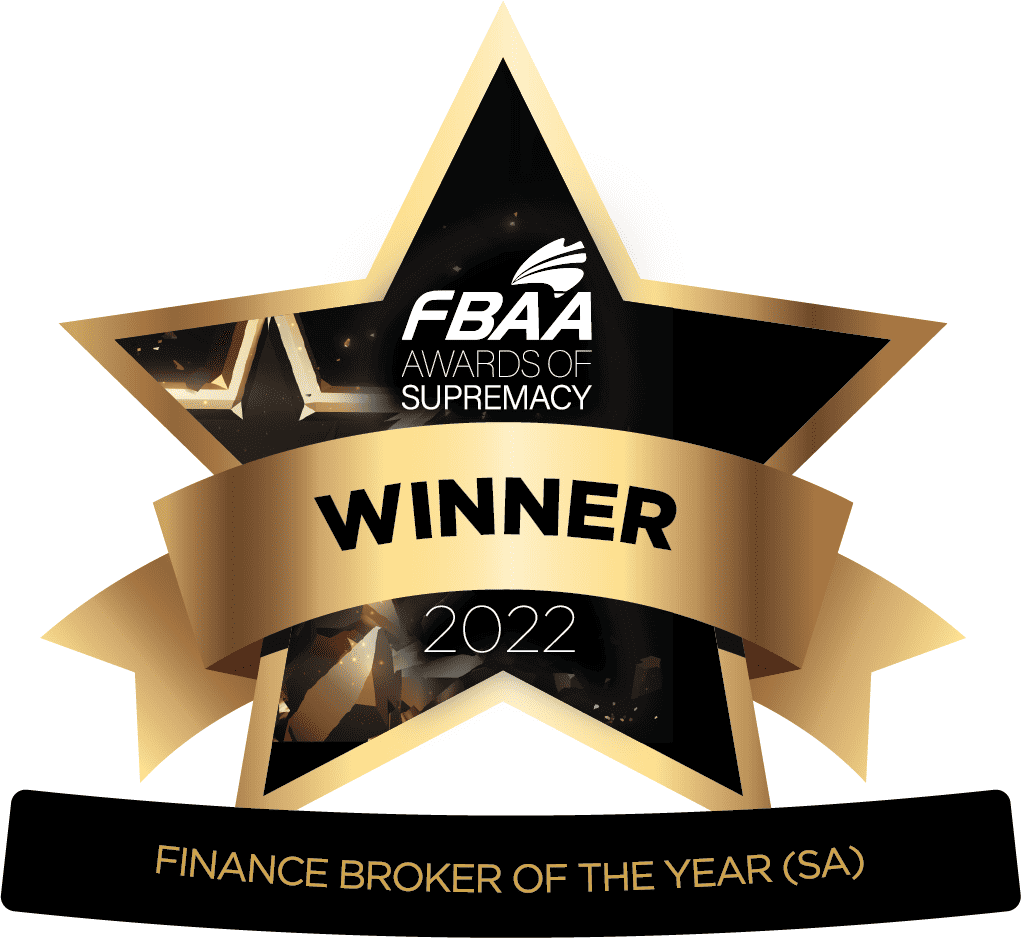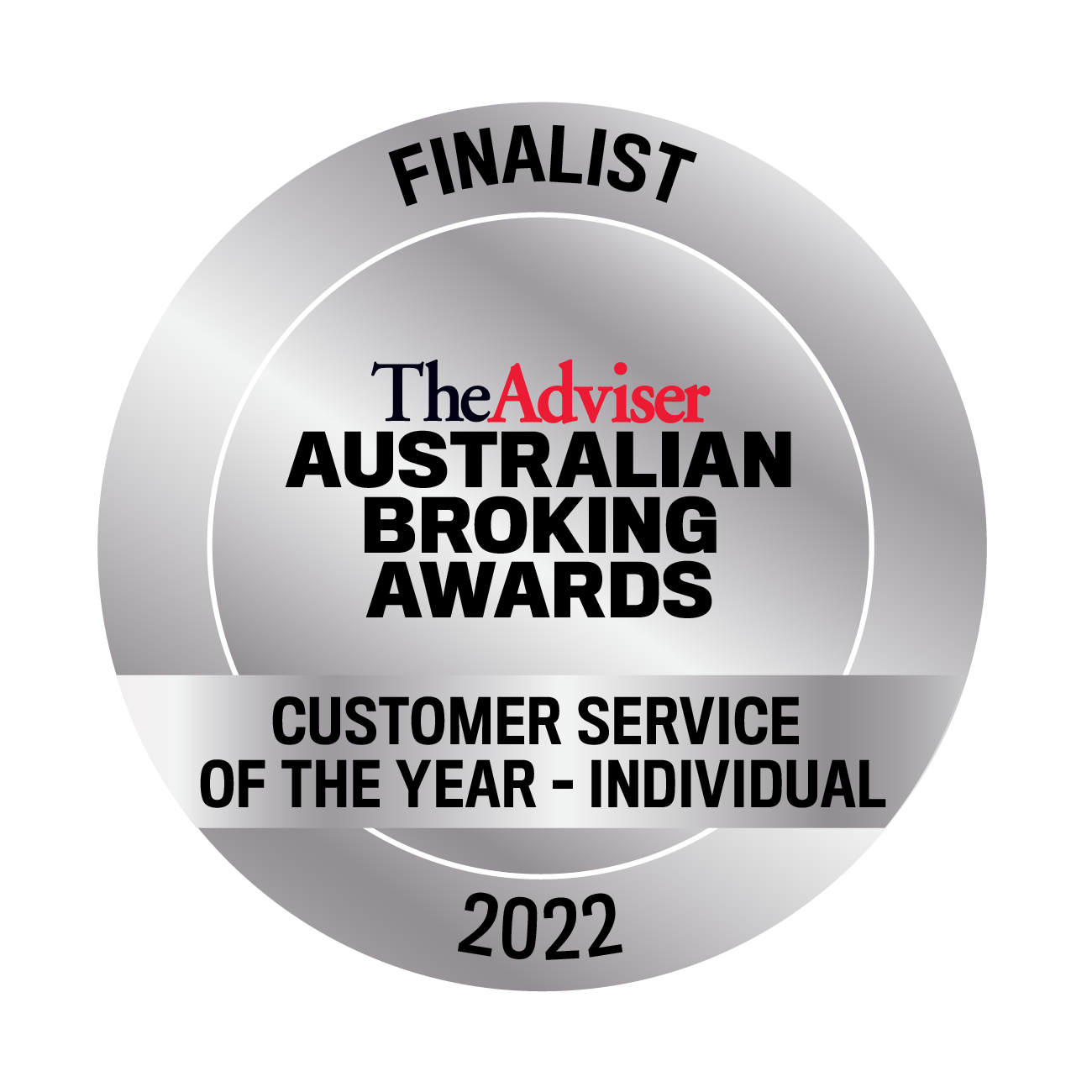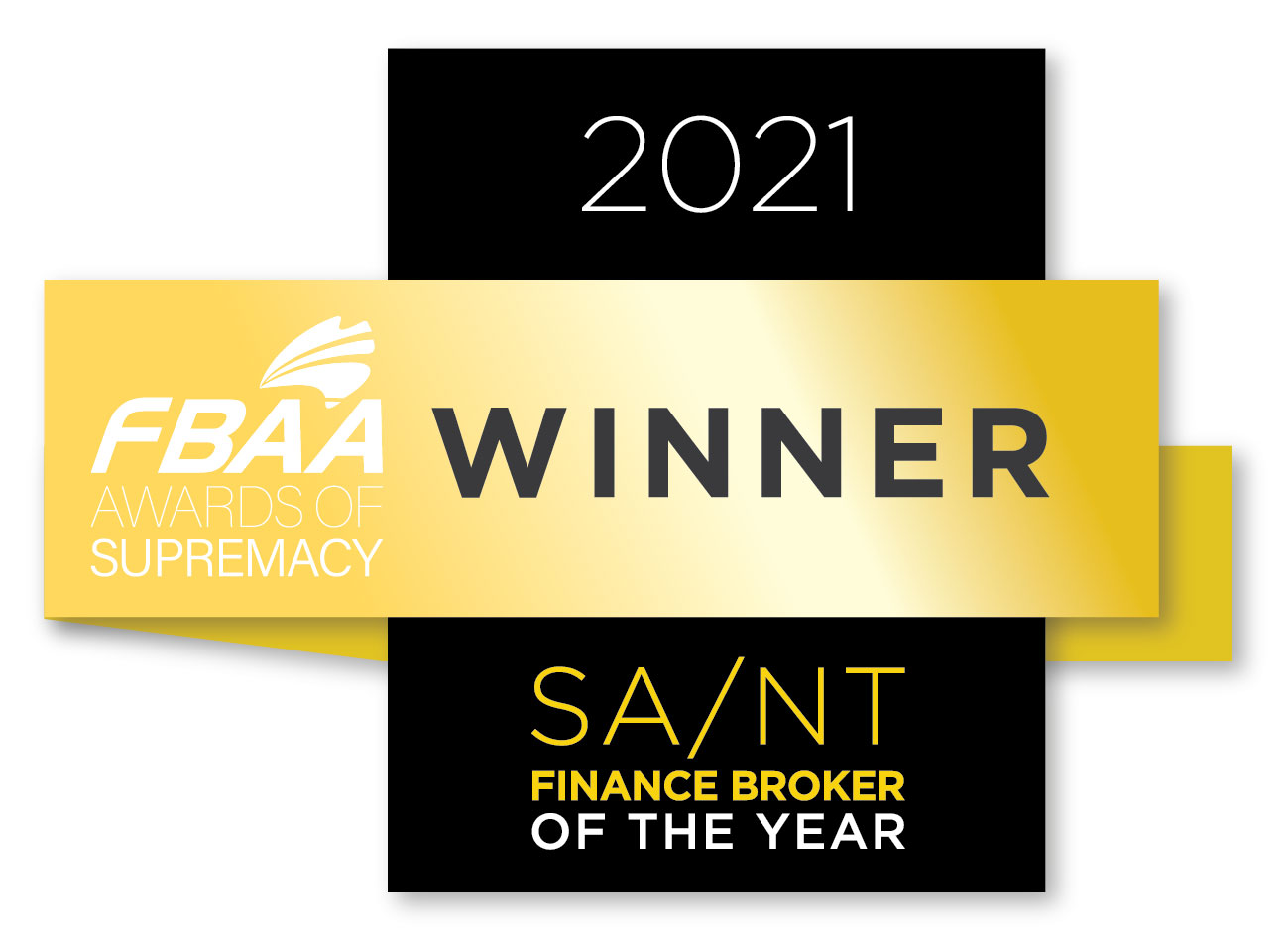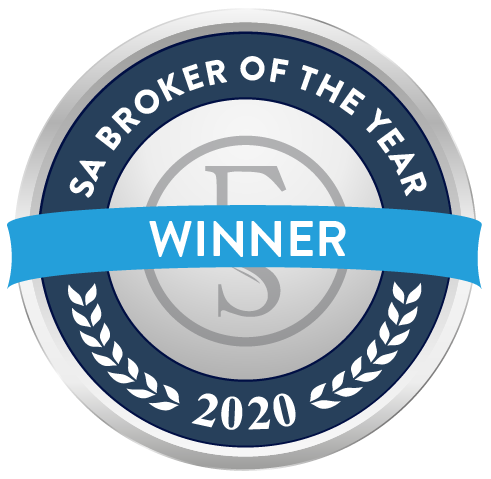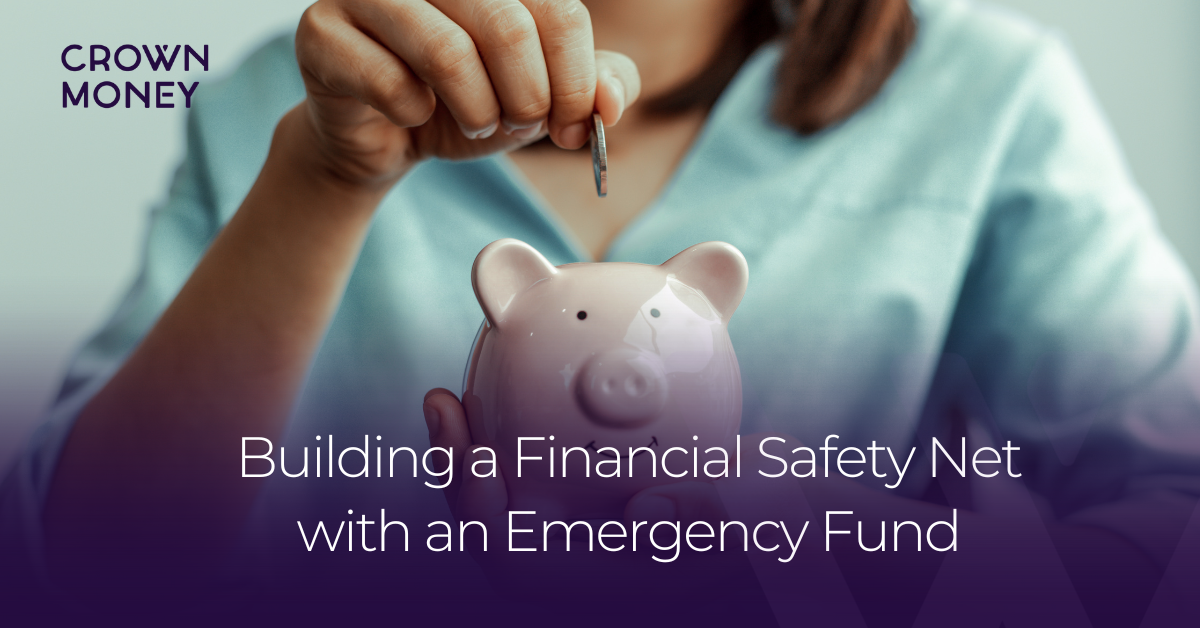
In the realm of financial planning, the significance of an emergency fund cannot be overstated. Imagine having a financial cushion that shields you from unexpected expenses, such as a sudden job loss, medical emergencies, or urgent home repairs. An emergency fund is precisely this safety net, providing peace of mind and financial stability during turbulent times.
Why is this fund so vital? Simply put, life is unpredictable. From unforeseen medical bills to unexpected car repairs, these expenses often arise when least expected. Without an emergency fund, individuals may find themselves resorting to high-interest credit cards or loans, which can lead to a vicious cycle of debt. An emergency fund acts as a financial buffer, allowing you to navigate these challenges without derailing your financial plans.
How Crown Money Assists in Creating Your Safety Net
Crown Money is dedicated to empowering individuals to take control of their finances. By showing you how to pay off your home loan in up to half the time of a traditional bank loan, Crown Money frees up more of your income to build an emergency fund. Their approach is not only about reducing debt but also about fostering financial independence.
One of the standout features of Crown Money is the Crown Money Podcast, where experts like Jessi Edge and Adam Santangelo provide insights into financial management. They emphasise the importance of having both short-term and long-term emergency funds. This strategy ensures that you’re prepared for immediate expenses and have reserves for more significant, unforeseen events.
Strategies for Building a Robust Emergency Fund
Building a solid emergency fund requires discipline and strategic planning. Start by setting a realistic savings goal. A good rule of thumb is to aim for three to six months’ worth of living expenses. This may seem daunting, but breaking it down into smaller, achievable milestones can make it more manageable.
Consider automating your savings. Set up a direct debit from your salary to a dedicated savings account. This ‘set and forget’ approach ensures consistent contributions to your emergency fund. Additionally, review your monthly expenses to identify areas where you can cut back and redirect those funds into your savings.
Understanding Different Types of Emergency Funds
An emergency fund isn’t one-size-fits-all; it encompasses various forms. The first type is an emergency fund within your home loan account. This approach allows you to park funds directly against your mortgage, potentially saving on interest while still having access to these funds in an emergency.
The second type is an external savings account specifically for emergencies. This account should be easily accessible for those times when immediate cash is required—like a flat tyre on a weekend or an unexpected vet visit. Crown Money advocates for a balanced approach, suggesting a minimum of $500 to $1,000 in this external account to cover immediate needs.
Common Mistakes to Avoid When Managing Your Emergency Fund
While establishing an emergency fund is crucial, maintaining it requires vigilance. One common mistake is dipping into the fund for non-emergencies. It’s tempting to use these savings for a holiday or spontaneous purchase, but doing so defeats the purpose of having a safety net.
Another pitfall is neglecting to replenish the fund after use. Once you’ve tapped into your emergency savings, it’s essential to prioritise rebuilding it. Treat it as a recurring financial obligation until it’s back to its full capacity. Finally, avoid holding large sums of cash at home. While it’s wise to have some cash on hand for emergencies, keeping excessive amounts can be risky.
Steps to Replenish Your Emergency Fund After Use
If you find yourself needing to draw from your emergency fund, don’t panic. The key is to have a plan to replenish it. Start by reassessing your budget and identifying areas where you can temporarily reduce spending. Redirect these savings back into your emergency fund.
Consider using any unexpected windfalls, such as tax returns or work bonuses, to bolster your fund. Crown Money also recommends staying in touch with their team during financial challenges. They can provide personalised advice on managing your accounts and planning for the future.
In conclusion, an emergency fund is a cornerstone of sound financial planning, offering protection against life’s uncertainties. Crown Money’s innovative approach not only helps you pay off your mortgage faster but also empowers you to build a robust financial safety net. Ready to secure your financial future? Visit Crown Money’s website, book a consultation, or tune into their insightful Spotify podcast episode to learn more about managing your emergency fund effectively. Your future self will thank you.
